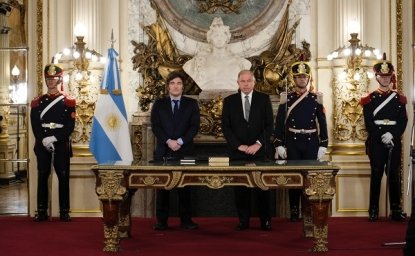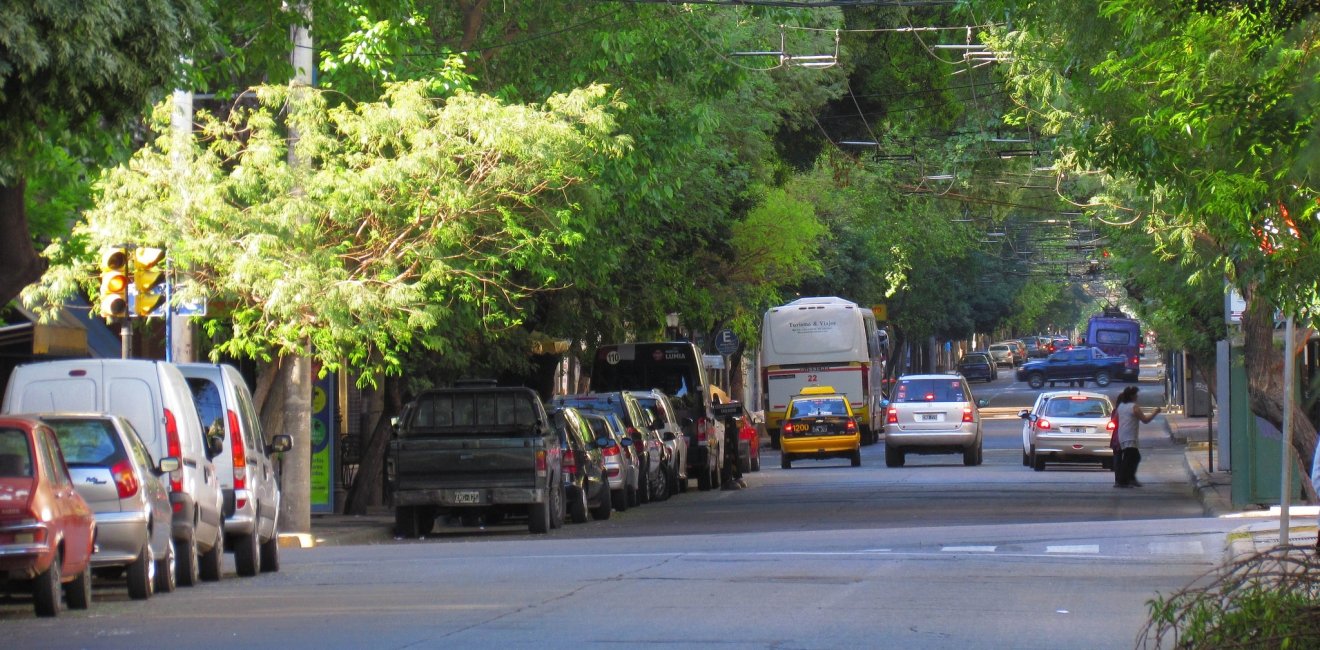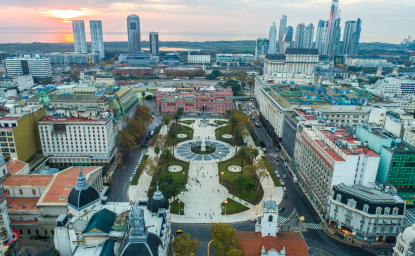English | Español
MENDOZA, ARGENTINA – Not for the first time, the Argentine province of Mendoza, best known for Malbec wine, is sending a message that echoes far beyond its prized vineyards.
In Buenos Aires, Uber’s arrival sparked a prolonged controversy, as taxi drivers assailed the company, and the city government initiated bitter legal battles. Today, despite millions of customers in Argentina’s capital, most riders still cannot pay by credit card and passengers who sit up front risk a stoning.
Mendoza, by contrast, has offered red carpet treatment.
“Mendoza is showing the world how to be a pioneer, and a pro-technology destination, and that’s such a plus,” Mariano Otero, Uber’s chief executive in the Southern Cone, said. “We are very excited about what’s happened in Mendoza, and the message it sends to others.”
Earlier this month, Mendoza legalized Uber’s operations, enabling thousands of drivers to work legally, and tens of thousands of customers to employ them likewise. In doing so, it sent a powerful message about its openness to technology and global commerce.
“You legislate the new force in your society, you embrace the new paradigm, make it work for you and your citizens,” Natalio Mema, Mendoza’s young, dynamic minister for public services, told me. “Mendoza wants to be among the first to accept the digital revolution.”
“We respect the taxi driver, he’s been with us for 150 years,” Mr. Mema added. “But we also respect the right of the majority to make a choice about what kind of transport they want.”
Mendoza’s welcoming approach to Uber does not signal a cavalier attitude toward regulating transportation. The provincial legislature approved a law that details the obligations of Uber and similar firms. The rules address vehicle age, driver experience and insurance requirements.
Still, Mendoza’s approach is sharply different than Uber’s experience in Buenos Aires, where taxi drivers and their powerful union have thwarted Uber’s operation, despite its popularity.
Barely a week goes by without a noisy demonstration by taxi drivers, a mass opposition petition or an attack on a suspected Uber driver.
To be fair, Uber appears to have learned from its Buenos Aires travails; rather than an under-the-radar launch, it apparently engaged proactively with Mendoza authorities.
But in Mendoza, the company was pushing on an open door. Already, it has attracted 11,000 drivers, and Uber expects 50,000 customers. No wonder Buenos Aires Province, home to 40 percent of Argentina’s population, is reevaluating Uber, as is Santa Fe, home to the industrial hub of Rosario.
“Uber is an important marker for how we think of the traditional versus the new inevitable,” one presidential adviser told me. “In the end, the market will decide.”
In Mendoza, the market has spoken. For thousands of motorists trapped trying to cross from Chile on a recent holiday weekend, the expansion of Uber could not come soon enough. “If only we had an Uber working on both sides,” said one frustrated traveler. “Mendoza is open to the world, they say, if you can get there.”
David Smith, a former foreign correspondent and UN diplomat, is a special contributor to the Latin American Program’s Argentina Project at the Woodrow Wilson International Center for Scholars.
Author

Argentina Project
The Argentina Project is the premier institution for policy-relevant research on politics and economics in Argentina. Read more

Explore More
Browse Insights & Analysis
¡Afuera! Milei Puts his Stamp on Argentine Diplomacy

Smart Take | Javier Milei Wins Argentine Presidential Election Decisively: Now What?




